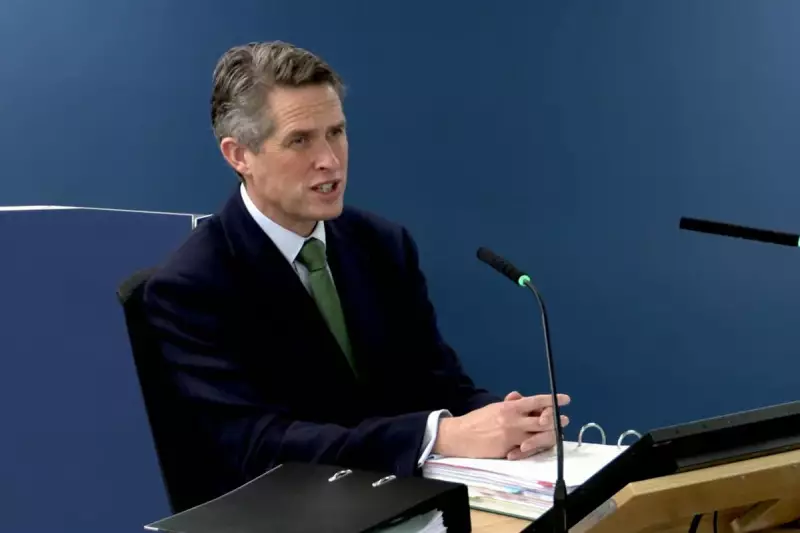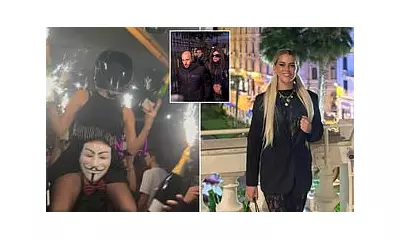
In a stunning disclosure that raises serious questions about government transparency during the pandemic, former Education Secretary Gavin Williamson was receiving confidential COVID-19 data through private Whitehall briefings while publicly claiming to follow official scientific advice.
The Secret Communications Channel
Freshly uncovered evidence reveals Williamson participated in private meetings with senior government officials where he accessed sensitive pandemic modelling and data. This covert information stream operated alongside - but separate from - the formal Scientific Advisory Group for Emergencies (SAGE) process that guided national policy.
The existence of these parallel briefings directly contradicts the government's repeated assurances that their pandemic response was consistently guided by transparent scientific advice.
Schools at the Centre of the Storm
These revelations carry particular weight given the intense pressure Williamson faced during the 2021 schools reopening debate. At the time, the Education Secretary publicly emphasised his reliance on SAGE guidance while privately accessing alternative data streams.
- Private briefings provided earlier access to critical data
- Parallel analysis of school transmission risks
- Alternative modelling of classroom safety measures
"This creates serious questions about whether political convenience sometimes trumped scientific transparency," noted one Whitehall insider familiar with the arrangements.
Whitehall's Culture of Secrecy
The private briefings form part of a broader pattern of behind-closed-doors decision making that characterised Britain's pandemic response. Multiple government departments established their own data analysis units, creating a fragmented approach to scientific advice.
Critics argue this parallel system allowed ministers to selectively use data that supported predetermined policy positions while maintaining the public appearance of following independent scientific guidance.
Fallout and Future Implications
These disclosures emerge as the UK COVID-19 Inquiry continues its meticulous examination of government decision-making during the crisis. The revelation of private briefing channels is likely to feature prominently in upcoming hearings examining the education sector's pandemic experience.
The controversy raises fundamental questions about how future governments should balance the need for timely information with the principles of transparent, science-led policy making during national emergencies.





